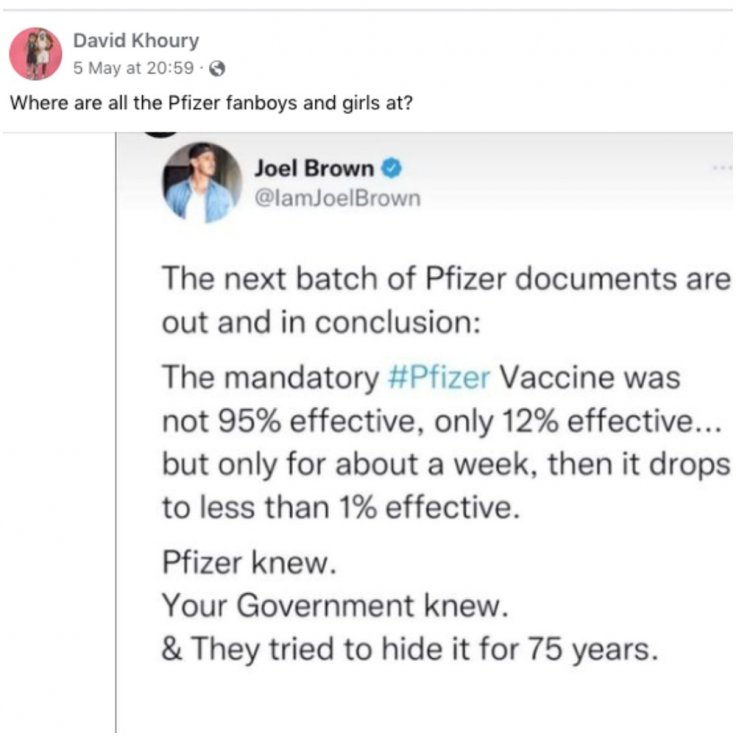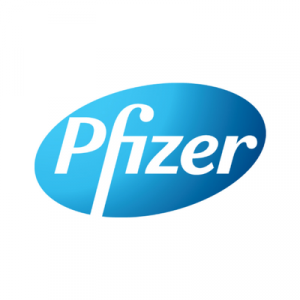A fresh claim has emerged on social media that suggests that new documents have shown Pfizer's Covid-19 vaccine's efficacy claim was fake and that the vaccine hurts fetuses. The claim is believed to have first emerged in a Facebook post on May 5.
The user shared a screenshot resembling a tweet from a verified handle which read: "The next batch of documents are out and in conclusion: The mandatory Pfizer vaccine was not 95% effective it was only 12 % effective.. but only for about a week, then it drops to less than 1% effective. Pfizer knew, your government knew."

Another post with similar claims appeared on Instagram on May 6, which termed Pfizer as Lie-Zer and stated: "P-Lie-Zer have just dropped another 80,000-page document. The claim of 95% efficacy is completely false. The real figure is around 12%. After about a week, that 12% efficacy drops to less than 1%. I lost my livelihood for not taking a product that is less than 1% effective."
Peer-Reviewed Studies Have Confirmed Pfizer Vaccine is Effective
But a number of peer-reviewed studies and their original documents have shown that the Covid-19 vaccine is effective against the virus and provide a high-level protection against the disease.

Recently, Pfizer was ordered to release thousands of documents related to its vaccine under the Freedom of Information Act lawsuit against the company.
The pharma giant has to release at least 55,000 pages of vaccine review documents each month.
Pfizer Terms FB Post Claim False
With regard to the viral social media claims, Pfizer has confirmed that its vaccine's efficacy is 91% and termed these social media posts as false information against their vaccine.
"The vaccine has been shown to be safe and effective for pregnant mothers and is recommended by global health agencies around the world, such as the World Health Organization and the U.S. Centers for Disease Control and Prevention," Pfizer Media Relations told Lead Stories.









